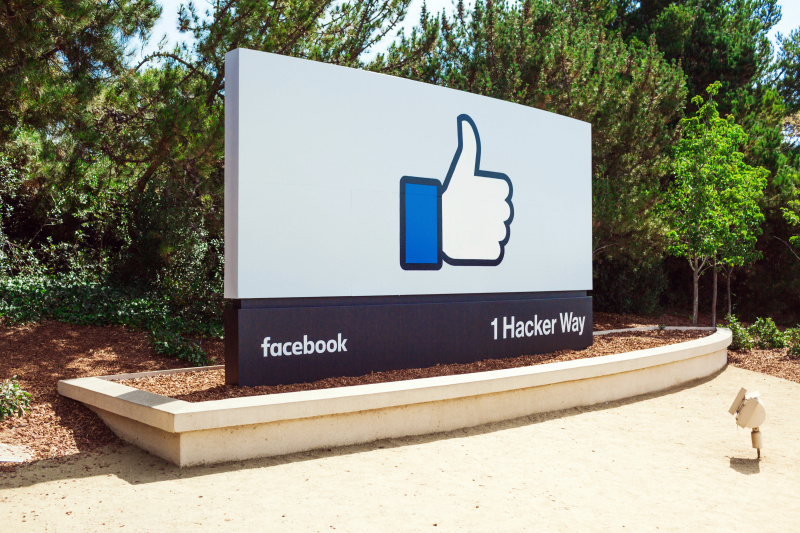 EMERGING TECH
EMERGING TECH
 EMERGING TECH
EMERGING TECH
 EMERGING TECH
EMERGING TECH
Facebook Inc. seems to know its stuff when it comes to artificial intelligence research, despite what Elon Musk might think, but not every AI project has gone as the social media giant planned.
According to a report by Fast Co Design, Facebook recently pulled the plug on an AI that had started inventing its own language. It looked like gibberish at first glance, but it was actually a weird robot version of English.
The process of training an AI with deep learning is not always straightforward. Rather than directly programming how an AI should function, deep learning feeds the AI massive amounts of data, and then it must then figure out on its own what to do with it. For example, Deepmind Technologies Inc.’s famous AlphaGo AI was never actually taught how to play the game Go. Instead, researchers fed AlphaGo data from thousands of real world games, and the AI figured out the rules and strategy for winning all on its own.
This is the same process Facebook’s engineers were using to teach an AI to become a better negotiator. The basic idea behind Facebook’s project was to give two AI agents a few imaginary objects – a couple of books, a hat, some balls – and then assign values to those objects. The AI agents then had to negotiate a trade for the items they desired without having to give up too much of what they already had.
Facebook’s early tests of the AI proved promising, but then it went a little … funny. Here’s a transcript of a recent conversation between the AI agents:
Bob: “I can can I I everything else.”
Alice: “Balls have zero to me to me to me to me to me to me to me to me to.”
At first, these sentences appear to be about as intelligible as a standard YouTube comment, but it turns out that the two AI agents are perfectly capable of understanding one another, and they are still following their original goals — negotiating deals with one another. The problem is the AI was never trained to continue speaking grammatically correct English.
“There was no reward to sticking to English language,” explained Dhruv Batra, a researcher at Facebook AI Research. “Agents will drift off understandable language and invent codewords for themselves. Like if I say ‘the’ five times, you interpret that to mean I want five copies of this item. This isn’t so different from the way communities of humans create shorthands.”
The AI’s ability to create its own version of English is certainly impressive, but it strayed from Facebook’s original purpose for the program, which is to develop an AI that can communicate with people and negotiate with them or on their behalf. As a result, company decided to pull the plug and go back to the drawing board.
Support our open free content by sharing and engaging with our content and community.
Where Technology Leaders Connect, Share Intelligence & Create Opportunities
SiliconANGLE Media is a recognized leader in digital media innovation serving innovative audiences and brands, bringing together cutting-edge technology, influential content, strategic insights and real-time audience engagement. As the parent company of SiliconANGLE, theCUBE Network, theCUBE Research, CUBE365, theCUBE AI and theCUBE SuperStudios — such as those established in Silicon Valley and the New York Stock Exchange (NYSE) — SiliconANGLE Media operates at the intersection of media, technology, and AI. .
Founded by tech visionaries John Furrier and Dave Vellante, SiliconANGLE Media has built a powerful ecosystem of industry-leading digital media brands, with a reach of 15+ million elite tech professionals. The company’s new, proprietary theCUBE AI Video cloud is breaking ground in audience interaction, leveraging theCUBEai.com neural network to help technology companies make data-driven decisions and stay at the forefront of industry conversations.